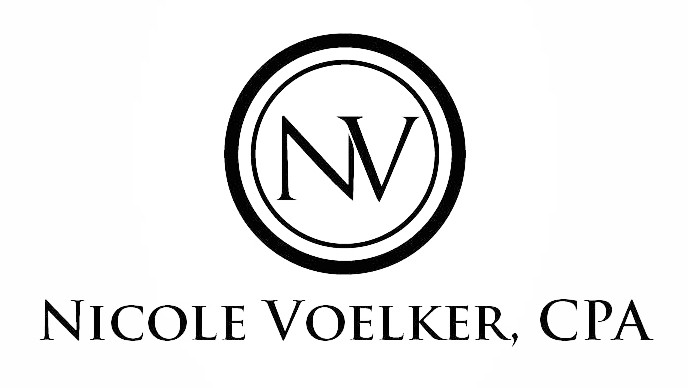When considering a valuation of your business or business interest, it is important to understand what level of engagement you might need or desire. The American Institute of Certified Public Accountants (AICPA) sets forth two general terms to describe valuation engagements: valuation and calculation. What is the difference between these two types of engagements? How do you know which level of engagement fits your situation?
A valuation engagement provides a “conclusion of value.” The end result of a valuation engagement is the valuation professional’s unfettered opinion of the value. The procedures applied in a valuation engagement are extensive and applied as deemed necessary by the valuation professional performing the work.
To perform a valuation engagement, a valuation professional must consider all facets of the business and business environment. This includes open communication with owners and management regarding operations, strategies, opportunities and risks. It also includes an extensive study of the economic, industry, and geographical environment surrounding the business.
For a valuation engagement, the valuation professional also applies any or all valuation approaches and methods deemed applicable to the extent deemed necessary: including the income approach, market approach, and asset approach.
A valuation engagement is recommended when the value will be used for IRS purposes, such as estate or gift tax. A valuation engagement is also recommended in certain circumstances of contention when a trial is anticipated, such as a shareholder dispute or martial dissolution.
A calculation engagement provides a “calculation of value.” The end result of a calculation engagement is the valuation professional’s calculation of value based on the scope and parameters agreed upon, ahead of time, with the client. The procedures applied in a calculation engagement are determined, in large part, by agreement between the valuation professional and the client.
For a calculation engagement, the valuation professional and client will identify and agree upon what sources of information will be used in the engagement. The valuation professional and client will identify and agree upon what valuation approaches and methods will be applied. All agreed upon parameters and scope limitations will be listed in the engagement letter, as well as, the final calculation report.
Because a calculation engagement is less extensive than a valuation engagement, the cost of a calculation is considerably less than a valuation.
A calculation engagement is great for unrelated sellers and buyers of a business attempting to work out a sale price. It can also be a solution for clients who are looking for an idea of value, but may be working with a set of data that is less in scope than what is required for a valuation engagement.
For more detailed information regarding valuation and calculation engagements or for specific inquiries regarding your business, please contact me at nicole@voelkercpa.com or 309-369-6430.
